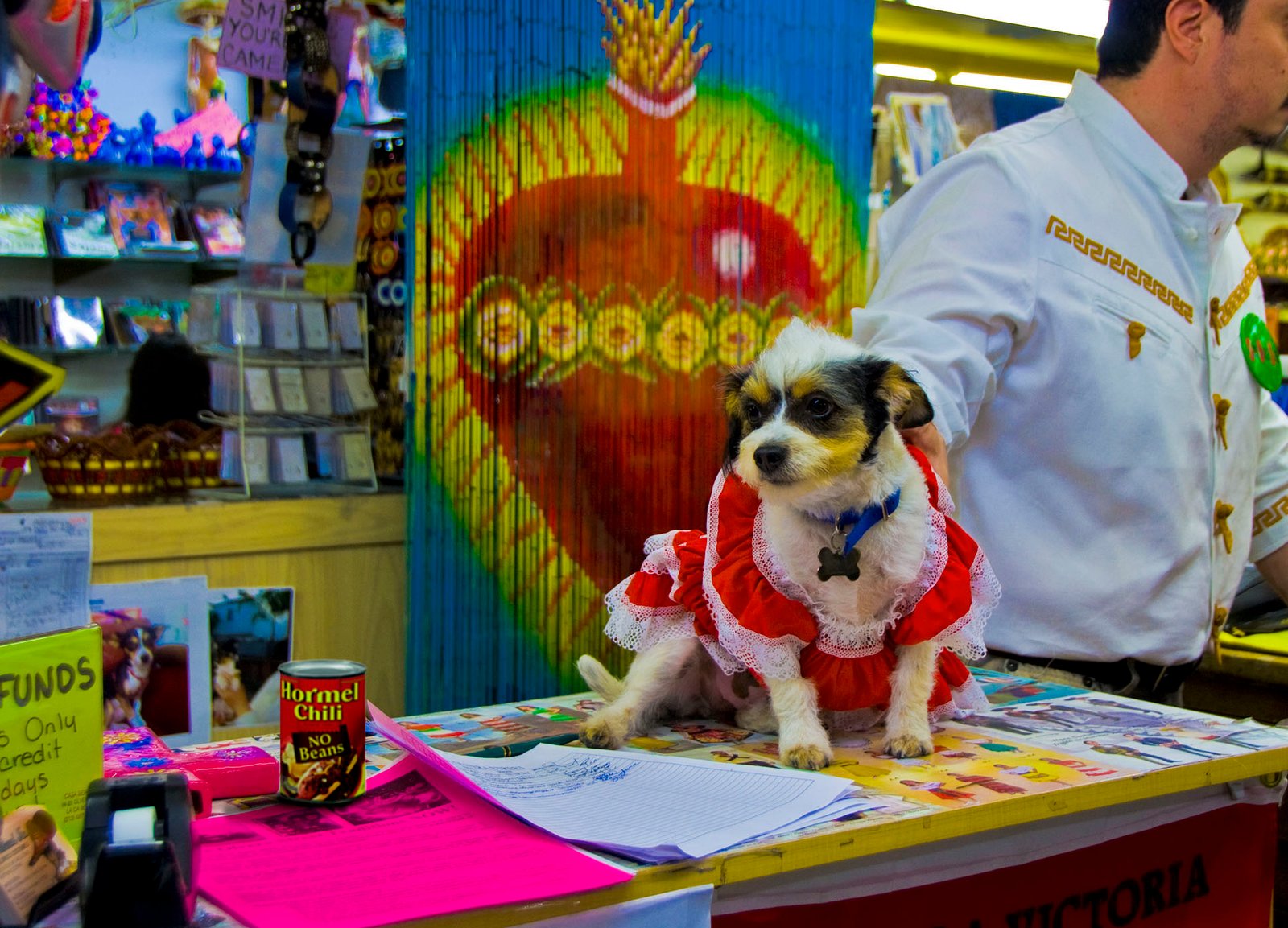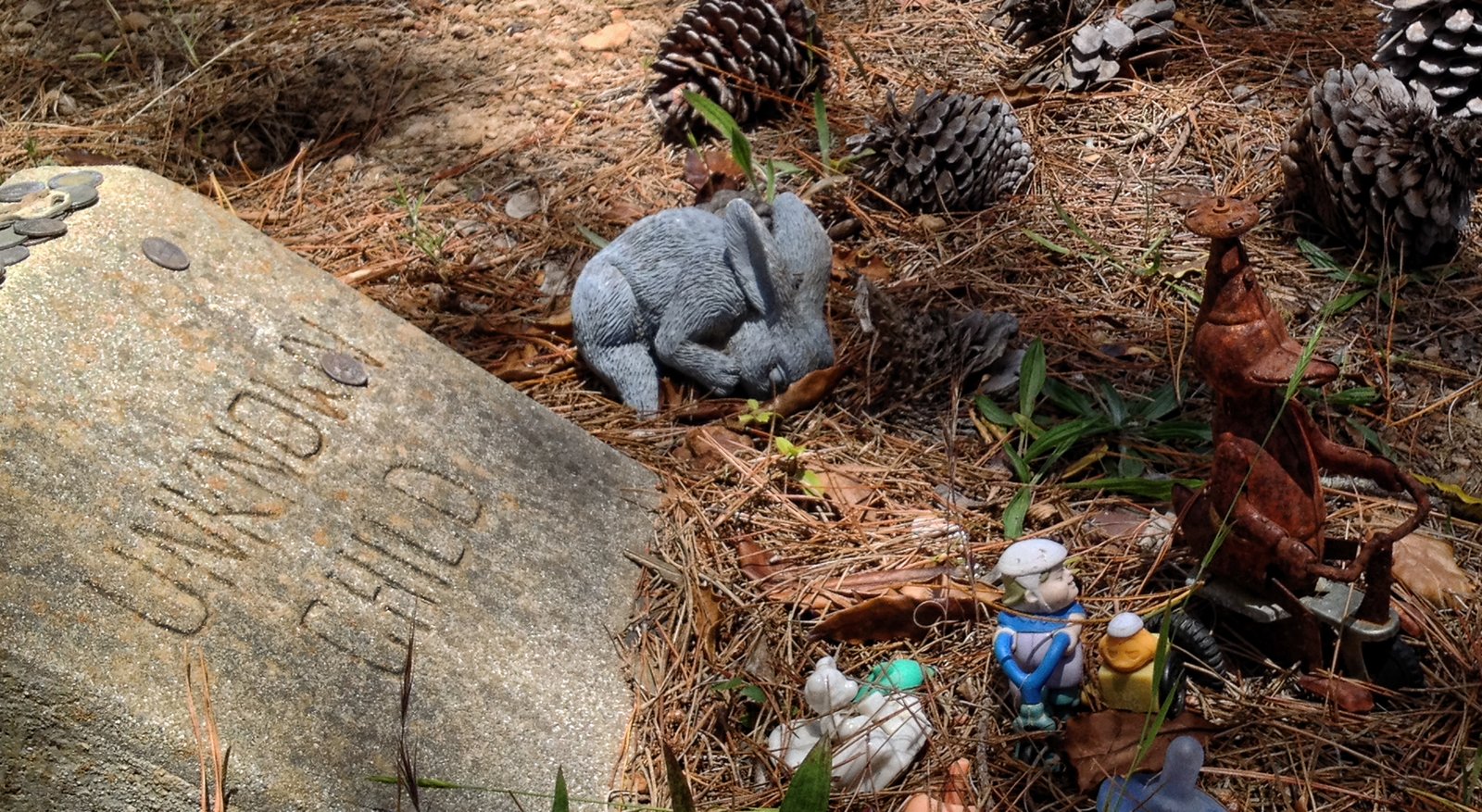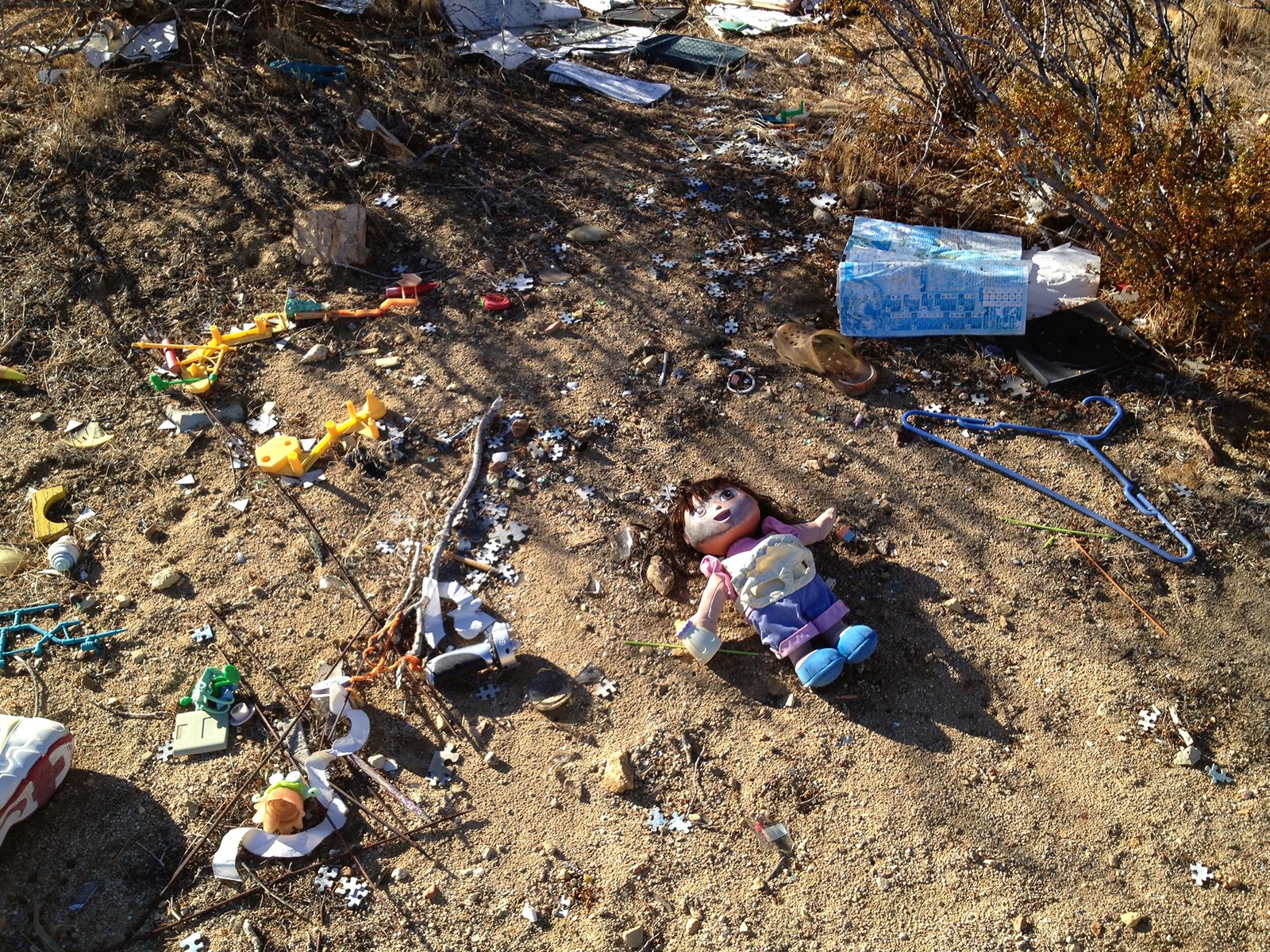The marigold colored walls of the main dining room at Barragan’s on Sunset screamed “sunshine!” Rhea hurried through it and headed for the darkness of the bar. It was “Two Buck Taco Tuesday” – her choice for her first review. The tacos were OK – somewhere between the soulful carne asada ones at the Saturday night pop-ups on York and the fast food addictions of Taco Bell. At two bucks a piece she could meet Manny’s ten buck limit.
Rhea sat at the end of the bar, near a window where she had a sliver of a view of the street outside. The bartender smiled at her, “San Miguel dark, right?” She smiled back, “Yeah Ernie, thanks. And five tacos. Mixed.” He slid her the beer and wrote up her order. She took a swig and took out her phone. She opened her notepad app and wrote a few words: “2 dollar tacos. back room. chorizo. Cacique. poblano.” She looked out the window, straining to see the boys on the street. It was a good spot to check them out – and maybe she’d find one to share a few tacos with. Several potentials strutted up the street, fit, strutting, cocky… but the hair was too wavy, the teeth too white, the vibe too sharp.
A waiter brought Rhea her tacos. She looked back out the window. A scruffy girl about sixteen came into view, carrying an overstuffed blue IKEA bag. Rhea drained half her beer in a single gulp, wrapped the tacos in a few napkins, slapped twenty dollars on the counter, took the tacos and left.
Outside, Rhea looked for the girl. She spotted her at a stoplight half a block up. She approached.
“Sheena?” Rhea said, close now. The girl turned.
“Officer Porter!” she cried out, recognizing Rhea.
Are you OK?” Rhea asked her. The girl seemed shaky.
“Yeah. Yeah…” Sheena answered, unconvincingly then looked at the wrapped tacos.
Rhea offered them to her, “One is oxtail.”
Sheena flashed a brief smile as she took four of the little tacos, leaving the oxtail one. “I was looking for you. Where’ve you been?”
“Sorta on a break.” Rhea admitted then asked again, “Everything OK?”
Sheena, who’d devoured one taco already, shook her head.
“What happened?” Rhea asked, concerned.
“Nothing happened really, it’s just… There’s this smell…”
“Where?” Rhea asked.
“Down by camp.”
Rhea looked at Sheena’s IKEA bag, “So you’re moving?”
She nodded “Just until it goes away… “
“It’s that bad?”
“Yeah.” Sheena confirmed.
Rhea tried to offer an explanation, “It’s probably just all the trash down there. Or maybe all the piss, soaking the ground.”
“No…” Sheena said, thinking about it. Something was bothering her.
“Could be the muck in the L.A. River.” was Rhea’s next idea.
Sheena looked her in the eye, “It’s kind of a scary smell.”


